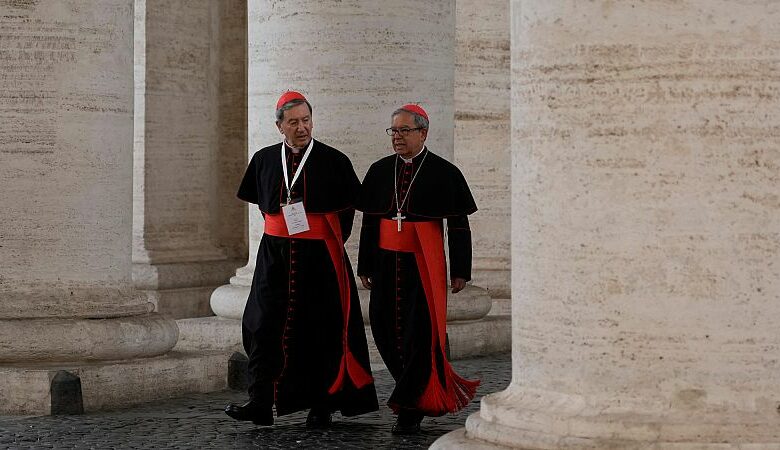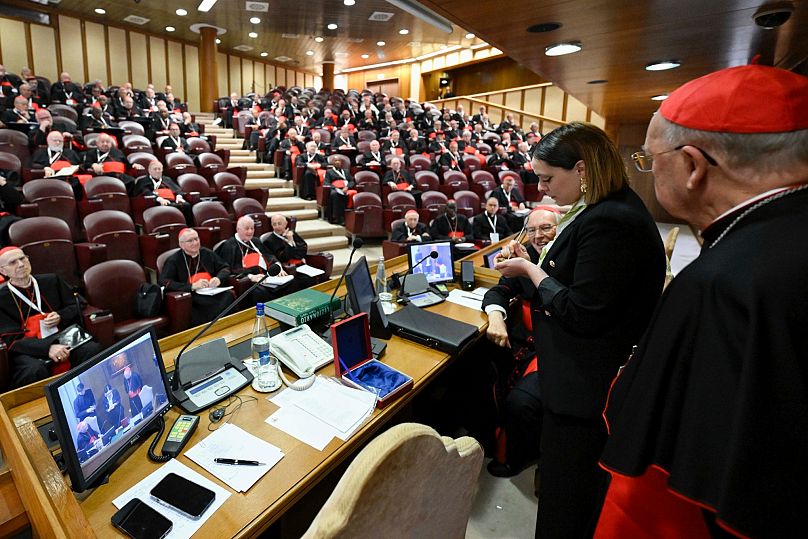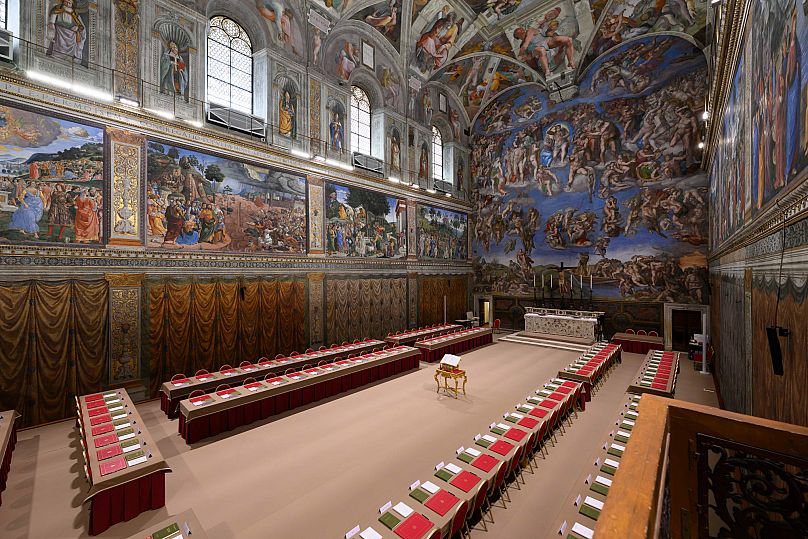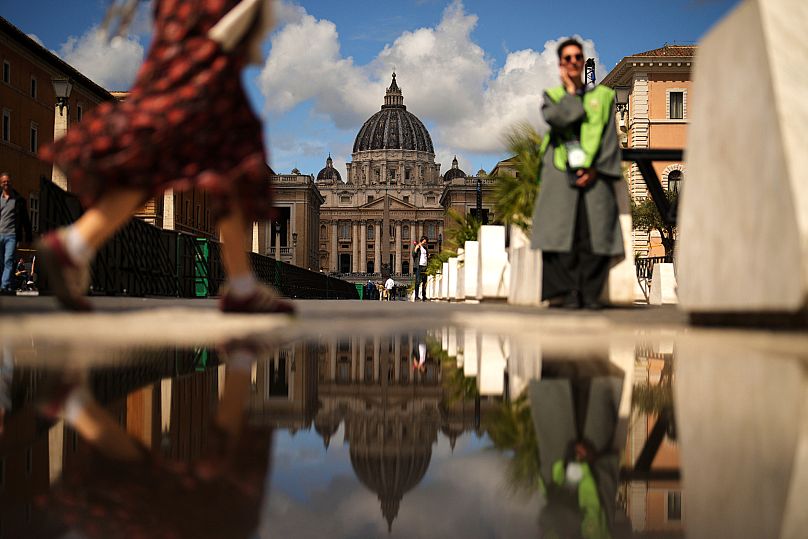The cardinals have concluded their preliminary discussions in the Vatican, aiming to pinpoint a potential successor to Pope Francis, who passed away on April 21 at the age of 88.
The 133 cardinal electors hailing from 70 nations appear largely unified in their stance that the main issue at hand is not about selecting the Catholic Church’s first pope from Asia or Africa, nor does it revolve around choosing between a conservative or a progressive leader.
Instead, they emphasize that the main objective is to identify a pope who can serve as both a shepherd and a teacher, while also having the ability to bring unity to the Church and spread messages of peace.
“A superhero is needed!” stated Cardinal William Seng Chye Goh, the 67-year-old Archbishop of Singapore.
It is a big task given the sexual abuse and financials scandals that have harmed the church’s reputation and secularising trends in many parts of the world that are turning people away from organised religion.
Add to that the Holy See’s dire financial state and often dysfunctional bureaucracy and the job of being pope in the 21st century seems a daunting one.
Out of the 133 cardinal electors, Pope Francis appointed 108; however, the election holds some unpredictability as most of these cardinals were unfamiliar with each other prior to last week.
This indicates that they have not had sufficient time to determine who out of their number is most fitting to lead the church with its 1.4 billion members.
On Tuesday, the cardinals concluded their last day of pre-conclave discussions, marking the occasion with the ceremonial destruction of Pope Francis’ ring and official papal seal — traditional acts signaling the transfer of power to the succeeding pope.
The cardinals will start the procedure of selecting the new pontiff as soon as the conclave commences at the Sistine Chapel on Wednesday afternoon, with the initial ballot being conducted among them.
If no candidate achieves the required two-thirds majority, which is 89 votes, the cardinals will adjourn for the day and reconvene on Thursday.
In the morning they will have two votes, followed by another two in the afternoon, continuing this process until a winner emerges.
When asked about the main concerns of the cardinals voting for a new Pope, Goh responded to journalists that their primary focus was ensuring the next pontiff could effectively promote Catholicism and make the Church more pertinent in contemporary times. This included strategies for engaging with younger generations and embodying values such as love, joy, and hope.
A pontiff for tomorrow
However, we must also consider the actual global political issues at play.
The Catholic Church is expanding in Africa and Asia, with increases in the number of baptized members as well as in priestly and women’s religious order vocations.
Nevertheless, it is declining in historically Catholic bastions across Europe, where churches stand vacant and adherents officially renounce the Church in countries such as Germany, often due to the abuse scandals.
“Asia is ripe for evangelisation and the harvest of vocations,” said the Reverand Robert Reyes, who studied in the seminary with Cardinal Luis Antonio Tagle, the Filipino cardinal considered a contender to be the first Asian pope.
However, whether the newly elected pope should represent the evolving image of the Catholic Church and motivate believers in regions where the faith is rapidly expanding is among the issues the cardinals will undoubtedly address during the conclave.
Pope Francis was the first pontiff from Latin America, and this continent continues to be home to most of the world’s Catholics.
The retired Archbishop of Mumbai, Indian Cardinal Oswald Gracias, believes that the Church should adopt a more Asian identity, both culturally and spiritually.
He stated, “The center of global influence is moving towards Asia,” adding, “The Asian church holds significant contributions for the world.”
At 80, Gracias isn’t able to participate in the conclave but India has four cardinal-electors and overall Asia has 23, making it the second-biggest voting bloc after Europe, which has 53.
One of the big geopolitical issues facing the cardinals is China and the estimated 12 million Catholics living there.
In 2018, under Pope Francis’s leadership, the Vatican entered into a contentious pact with Beijing concerning bishop appointments. This deal was criticized by numerous conservatives who viewed it as an abandonment of the underground Chinese Catholics who had stayed faithful to Rome throughout years of communist repression.
The Vatican supported this agreement as the most favorable terms they could secure; however, it is yet to be determined whether Pope Francis’ successor will uphold this approach.
The church in Africa
Based on data from the Vatican, Catholics account for 3.3% of Asia’s population; however, these figures are increasing, particularly among seminarian populations, similar to trends seen in Africa, where Catholics make up approximately 20% of the populace.
Cardinal Fridolin Ambongo Besungu, the Archbishop of Kinshasa and one of the cardinals often mentioned as a potential pope, stated that he has come to Rome with the purpose of selecting a leader for the global Catholic community.
“I have come not for the Congo nor solely for Africa; my focus is on the universal church. This is what matters most to us—the universal church,” he stated to the journalists.
Once we finish, I’ll go back to Kinshasa and resume my role as the Archbishop of Kinshasa, with the fight continuing onward.



